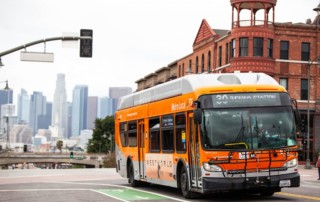Flipping the Switch: How Embracing Cognitive Scarcity Can Brighten Energy Poverty
Energy poverty traps vulnerable households in a cycle of financial strain and limited decision-making, often exacerbated by cognitive scarcity. Behavioral insights offer transformative approaches to energy policies, simplifying access to aid and reducing mental burdens. Using Cyprus as a case study, practical, low-cost solutions like framing strategies, reducing hassle factors, and leveraging social norms emerge as key strategies. Aligning policy design with human behavior can promote equitable participation and a greener future.








